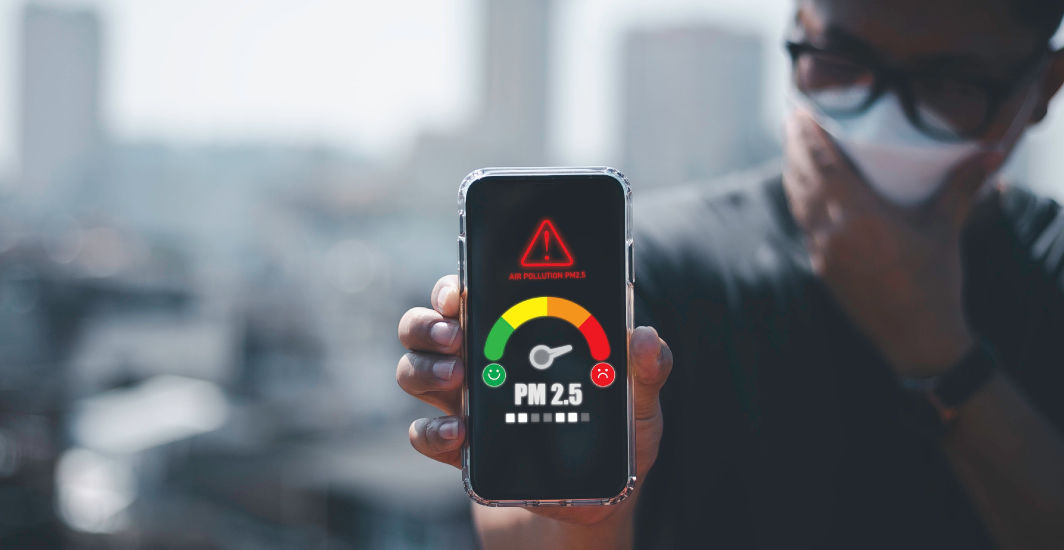General Health
Tips to Prevent Zika Virus
By Apollo Pharmacy, Published on- 11 December 2023, Updated on -26 August 2024
Share this article
0
0 like

Over the past decade, the Zika virus has emerged as one of the most significant global health challenges. While the viral disease rarely causes any life-threatening complications or death, health experts say that Zika virus infection during pregnancy is linked to an increased risk of microcephaly and other birth defects in infants. Being aware of the Zika virus can help individuals, communities, and healthcare systems take proactive measures to prevent its spread and mitigate potential complications. This blog aims to provide comprehensive tips and strategies for safeguarding against Zika fever, emphasising the importance of personal responsibility and community awareness.
Understanding Zika Transmission
Before delving into preventive measures, it's essential to understand how the Zika virus spreads. Primarily transmitted through the bite of infected Aedes mosquitoes, especially Aedes aegypti and Aedes albopictus (both vectors can also cause dengue fever), the virus can also be transmitted through:
- Sexual Contact: An individual infected with Zika could pass on the virus with one or more partners by vaginal, anal, or possibly oral intercourse.
- Blood Transfusion: Even though the risk associated with blood transfusion of Zika virus has rarely been reported, it is a potential cause of transmission.
- From Mother to Child: Transmission of the Zika virus during pregnancy (Congenital transmission) occurs when a pregnant woman shares the infection with their unborn foetus, whereas transmission during delivery (perinatal transmission) occurs towards the moment of delivery.
Mosquito Bite Prevention
In the battle against mosquito-borne threats like the Zika virus or dengue fever, adopting effective preventive measures is paramount. Here are practical tips to shield yourself from mosquito bites and reduce the risk of infection:
- Wear Protective Gear/Cloths: Cover exposed skin with long pants, long-sleeve shirts, and closed shoes, especially during peak mosquito activity times.
- Use Insect Repellent: Apply an EPA-registered insect repellent to exposed skin and clothing. Reapply as directed, especially if you are outdoors for an extended period.
- Stay in Screened Accommodations: Select lodging with proper mosquito screens on windows and doors
- Steer Clear of Peak Mosquito Hours: Early morning and late afternoon are the busiest times for mosquitoes carrying the Zika virus. Try to limit your outdoor activities during these hours.
Vector Control Strategies
In the ongoing effort to combat the spread of mosquito-borne diseases, effective vector control strategies play a pivotal role. Below are a few essential vector control strategies for a safer and healthier environment:
- Regularly Clear Out Standing Water: These Zika virus or dengue fever-carrying vectors breed in standing water. Eliminate mosquito breeding grounds by routinely emptying, covering, or treating containers that can hold water.
- Use Mosquito Nets: You could sleep under a mosquito bed net, especially if you are in an area with a high risk of Zika fever. Using mosquito nets treated with permethrin is another choice to opt for that can offer increased protection from mosquitoes.
- Community Vector Control Programmes: Participate in or support local initiatives aimed at controlling mosquito populations through insecticide use, educational programmes, and environmental management.
Travel Precautions Against Zika Virus
Individuals must take essential travel precautions, from staying informed about travel advisories to following pregnancy guidelines, to ensure a safer and more informed travel experience, particularly for those planning to start or expand their families:
1. Check Travel Advisories
Stay informed about Zika virus outbreaks at your destination. Check travel advisories and take necessary precautions, especially if you are pregnant or planning to conceive.
2. Follow Pregnancy Guidelines
Pregnant women should avoid travelling to areas with active Zika virus transmission. Couples planning a pregnancy should take precautions to prevent sexual transmission if exposed to the virus.
Conclusion
Preventing the Zika virus requires a combination of individual responsibility and community-wide efforts. By following these practical tips, you can significantly reduce the risk of Zika transmission and contribute to the global initiative to control this mosquito-borne threat. Stay informed, stay protected, and empower others with the knowledge to guard against Zika fever. To protect yourself from mosquitoes and other insects with insect repellents, you may
General Health
Frequently asked questions
To reduce the risk of mosquito bites, wear long-sleeved shirts, long pants, and closed shoes. Apply an EPA-registered insect repellent to exposed skin and clothing. Stay in screened or air-conditioned accommodations, and avoid outdoor activities during peak mosquito hours.
Yes, when travelling to areas with a risk of Zika virus transmission, check travel advisories and follow recommended precautions. Pregnant women should avoid travel to such areas, and couples planning a pregnancy should take measures to prevent sexual transmission if exposed to the virus.
You can contribute to vector control by eliminating standing water around your home, using mosquito nets and screens, and supporting local community initiatives aimed at controlling mosquito populations through insecticide use, educational programmes, and environmental management.
It is recommended to use an EPA-registered insect repellent on exposed skin and clothing. Follow the product's instructions for application and reapply as directed, especially if you are outdoors for an extended period.
Community awareness and education are crucial in preventing Zika virus transmission. By actively participating in public health campaigns, promoting awareness, and educating others about preventive measures, individuals can contribute to a collective effort to minimise the risk of Zika fever transmission in their communities.
Leave Comment
Recommended for you

General Health
6 Signs Of Unhealthy Lungs
Explore more about the signs that might indicate your lungs are not at their best. Read to know about the signs, symptoms and conditions that may indicate unhealthy lungs.

General Health
How Does The Air Pollution Monitoring System Work?
Air pollution monitoring systems are vital for tracking and managing air quality. They measure pollutants, provide real-time data, and empower informed decision-making for individuals and policymakers. This article highlights the importance of air pollution monitoring systems and how they work to provide you with helpful insights into the condition of the air around us.

General Health
Dolo 650: Potential Interactions And Precautions
Discover essential information about Dolo 650, including its potential interactions and precautions, for safe and effective usage.
Subscribe
Sign up for our free Health Library Daily Newsletter
Get doctor-approved health tips, news, and more.
